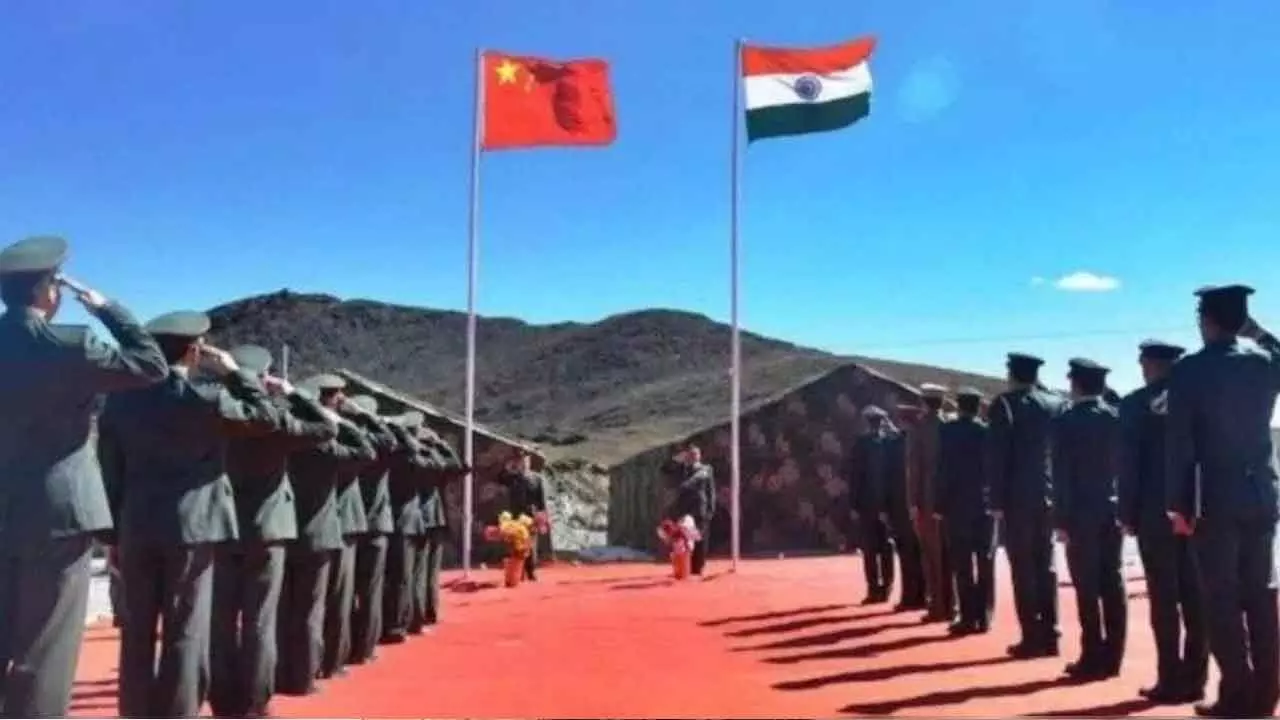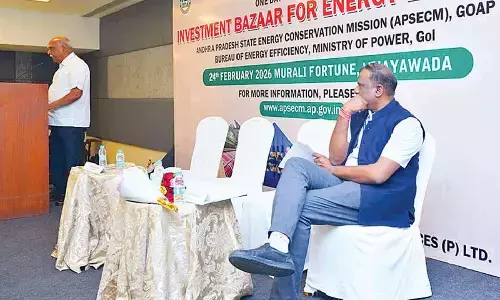India-China border disengagement to conclude today

Coordinated patrolling to resume soon in Ladakh
New Delhi: The disengagement process between Indian and Chinese forces in the Depsang plains and Demchok sectors of Eastern Ladakh is underway, with completion expected soon, according to Defence sources.
The Indian Army aims to conclude the process by Tuesday, following which coordinated patrolling will resume in the area. The Indian side has been striving to restore the situation to the status quo before April 2020, when Chinese military aggression triggered a prolonged standoff along the Line of Actual Control (LAC). China’s Foreign Ministry confirmed on Friday that frontline troops from both sides are working in accordance with recently reached agreements. Spokesperson Lin Jian stated during a press briefing that the disengagement process is progressing “smoothly.”
When asked whether troops had begun withdrawing from key friction points, Lin said, “In line with the recent resolutions between China and India on border matters, both countries’ frontier troops are engaged in relevant work, and the process is going smoothly.”
On October 21, India announced that an agreement had been reached with China, bringing an end to the over four-year military standoff. Defence Minister Rajnath Singh, speaking at the second Chanakya Defence Dialogue on October 24, confirmed that both nations had agreed to restore the ground situation based on the principle of equal and mutual security.
Singh highlighted that the agreement includes resuming traditional patrolling and grazing rights along the LAC, attributing the progress to sustained diplomatic and military-level dialogue. “Through continuous dialogue, solutions eventually emerge,” Singh said.
The breakthrough comes after Prime Minister Narendra Modi met Chinese President Xi Jinping during the BRICS Summit in Kazan, Russia. Both leaders welcomed the agreement on patrolling arrangements along the LAC. Modi emphasized the need to prevent boundary issues from disturbing peace at the border, stressing the role of special representatives in resolving disputes and maintaining stability.








